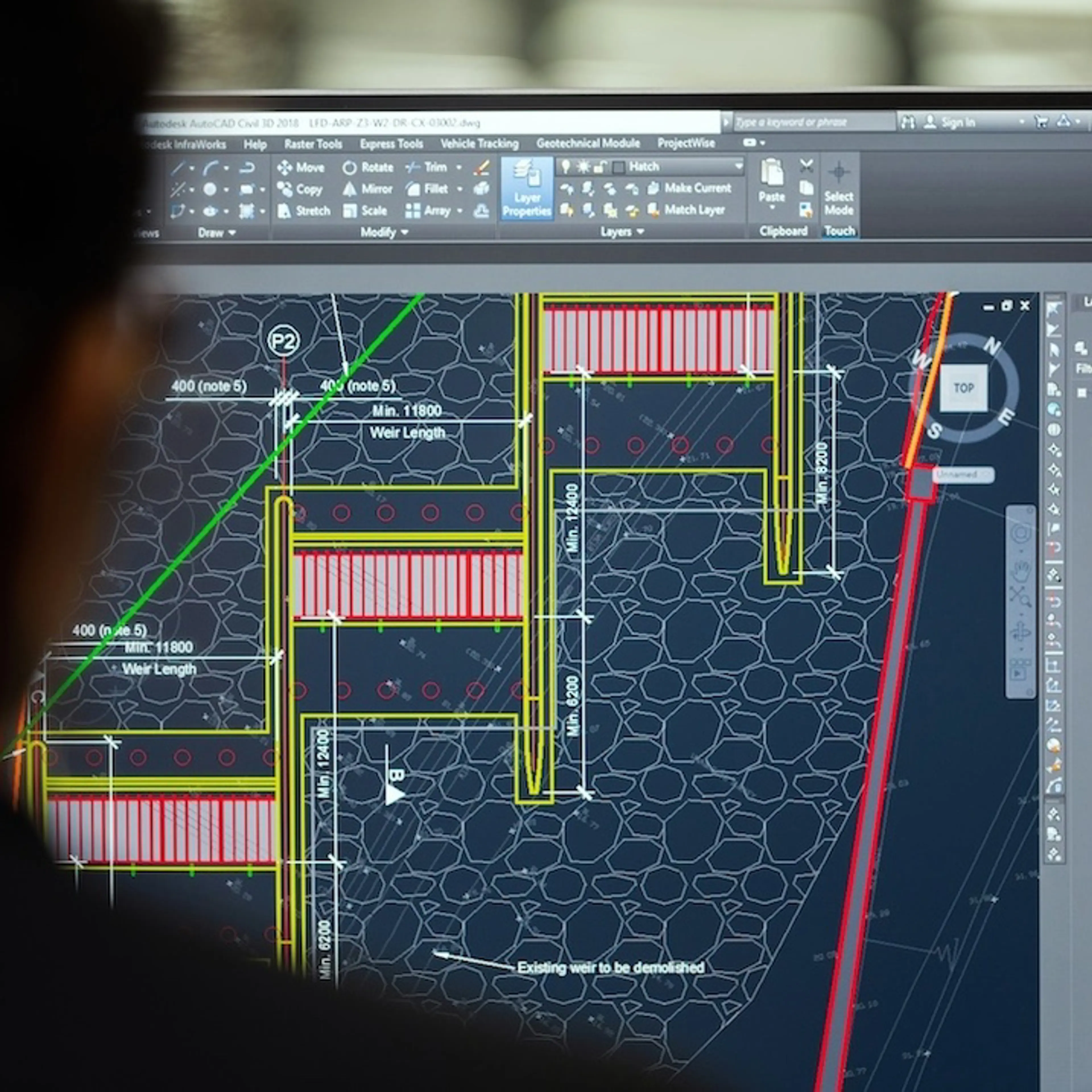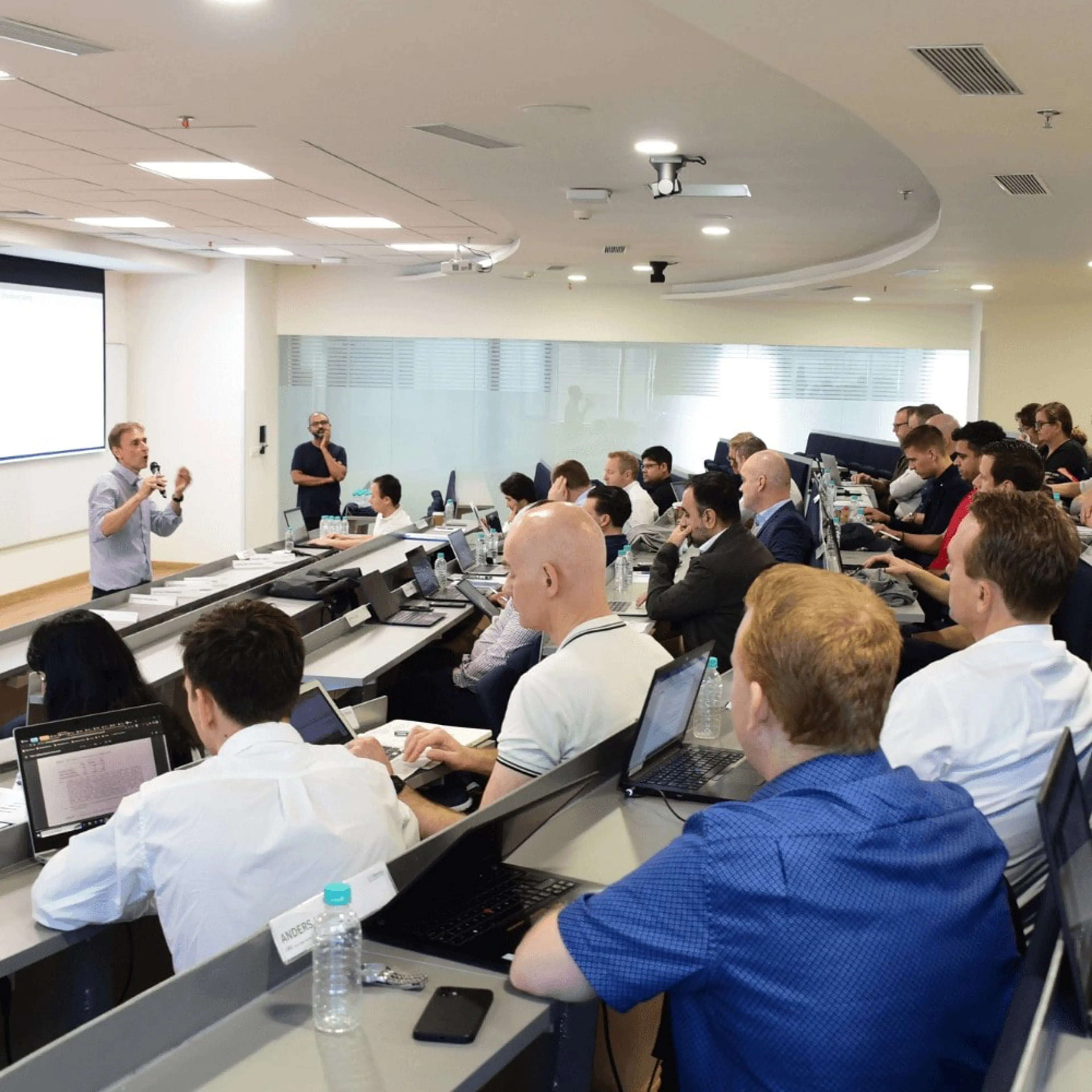Alfred Birkegaard Hansted, a Collaborative Innovation Specialist at Novozymes (now Novonesis), has never fit into conventional formats when it comes to the way in which knowledge is exchanged and disseminated:
"I already discovered that while I was studying philosophy at university," says Alfred Birkegaard Hansted, who today holds a Ph.D. in Philosophy of Science and Technology from Roskilde University.
"My interest in the concept of collaboration began as early as 2006. At that time, I studied philosophy at the University of Copenhagen and became painfully aware that the way we studied went against the essence of philosophy. Most worked in isolation or in small silos. Philosophy is by its very nature a way of approaching the world that cuts across all disciplines. But as all our subjects and jobs have become increasingly specialised, so has the philosophy as theory and practice.”
The philosopher drowns out the echo chamber
The young student was not just a thinker. The very next year, he started his own company based on a realisation that the way we share knowledge today is hopelessly out of date. According to Alfred Birkegaard Hansted, the education system in its current form is designed to train students for jobs that no longer exist. And the whole idea of transferring knowledge from one person to another might be sufficient in a stable world, but today the world is changing at a greater rate than our ability to transfer knowledge. Therefore, neither teachers nor textbooks are sufficiently up-to-date.
“I started a company that focused on collaboration. Collaboration differs from the concept of cooperation because it is a term taken from the terminology of war. It covers the idea that we should not only work with like-minded people, but with those we have a prejudice against or almost see as an enemy image. We must listen to those who challenge our positions, not those who confirm them," he explains and elaborates:“I could see early on that I myself would not enjoy working in a closed academic company. For me, knowledge shows its real value when it can be translated into initiative.” The company Kollaboration APS was supposed to facilitate collaborations and knowledge experiments across professional disciplines and business areas. After only six months, the company consisted of a designer, a philosopher, a law student, a climate expert and a budding writer.
The buzzword of the time was CSR, but the small group of innovators invented an updated counterpart, namely the term CSI, Collaborative Social Innovation. The concept illustrates that if a company wants to create real change, it is not enough to take corporate responsibility. Management and employees need to interact with the world outside their own echo chamber of like-minded employees. That idea also formed the basis for the PhD thesis that Alfred Birkegaard Hansted later wrote in collaboration with Novozymes, a large international company which could see that the misfit academic was exactly the rebel who could shake up their traditional way of going about innovation.
The brave co-star
"Just as it applies to education systems, many of the large, successful companies are based on old business models, which are not agile enough in the unstable world we live in today," explains Alfred Birkegaard Hansted.
As early as 2006, LEGO opened up innovation projects, where the company's fans were invited to play along in the creative part of product development, he explains.
“The concept where you use enthusiasts to create innovation is a fine model, but it is naive to think that it can be transferred to all other types of product development. When it e.g. comes to the pharma industry, the end user is a patient; not a fan and the products are protected by patents," says Alfred Birkegaard Hansted, who instead turned his gaze to the Silicon Valley in California, where technology geeks already built their own computers in the 1970s, led by Steve Jobs. In recent times, the area has been home to so-called “Bio-hackers” who make DIY (Do It Yourself) lab equipment that can compete in accuracy with traditional lab equipment, but has been developed at a fraction of the cost.
"The examples show that the closed approach to knowledge and idea generation is not compatible with a world where the Internet has created a new dynamic of knowledge. We must learn not only from our customers and business partners, but also from other professional groups and even competitors. That's what collaboration is all about. That all those involved share their own knowledge in order to gain access to the larger perspectives, criticism, knowledge resources and experiences," said Alfred Birkegaard Hansted.
Novozymes, together with Grundfos among others, had agreed on the premise that what made them successful yesterday does not guarantee them relevance tomorrow, he believes.
"Companies like Novozymes become too vulnerable if they maintain that in the future they can live off what is their primary source of income source today. In Novozymes, it was the invention of the enzymes for washing powder that created the foundation for the company, but today new and unmet needs constantly arise that inventions from the 1950s cannot cover," said Alfred Birkegaard Hansted.



